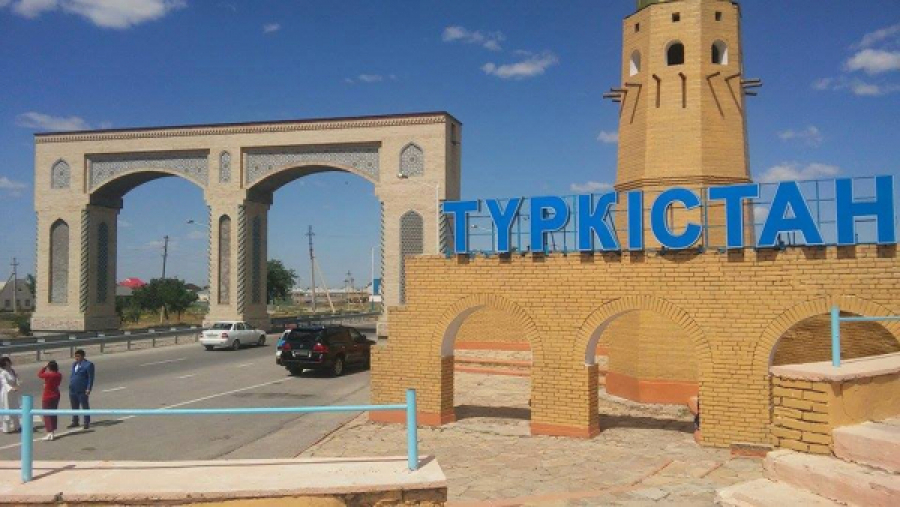
Astana is hosting the fifth
Central Asian Forum on Sustainable Development, focusing on the role of
artificial intelligence in education, public administration, economy, and science.
Taking place over the course of a week at the UN representation in Kazakhstan,
this event has brought together prominent scholars and researchers with the
goal of formulating effective recommendations for the seamless implementation
of solutions based on neural networks. According to experts, despite all the
benefits, there are risks associated with AI implementation. Therefore, the
forum participants emphasize the importance of developing digital technologies
in accordance with ethical and legal norms. This will ensure the safety and
well-being of the residents across the entire region. It's worth noting that
the forum is organized by the Kazakhstan PhD Association in the UK, the UNESCO
regional office, and the Science Fund.
“Presently, a significant number
of forums and various meetings are taking place, primarily centered on
technological development, building artificial intelligence, its benefits, and
the necessary infrastructure. However, there is little discussion about the
consequences. At this forum, we are addressing issues such as the impact of AI
on our lives, how it will change us, the actions we need to take, and its
influence on the political, social, and economic landscape,” said Ivan Trussov,
President of the Kazakhstan PhD Association in the UK.
“UNESCO, the United Nations
Educational, Scientific and Cultural Organization, has developed and adopted a
global standard on AI ethics titled the ‘Recommendation on the Ethics of
Artificial Intelligence’. We work closely with the governments of all UNESCO
member states. In this regard, we are pleased to cooperate directly with our
partners, including the Kazakhstan PhD Association in the UK and the Science
Fund, to develop specific recommendations for the use of artificial intelligence
in Kazakhstan,” said Maxat Baibekov, National Programme Officer for Social and
Human Sciences at the UNESCO Almaty Cluster Office.









